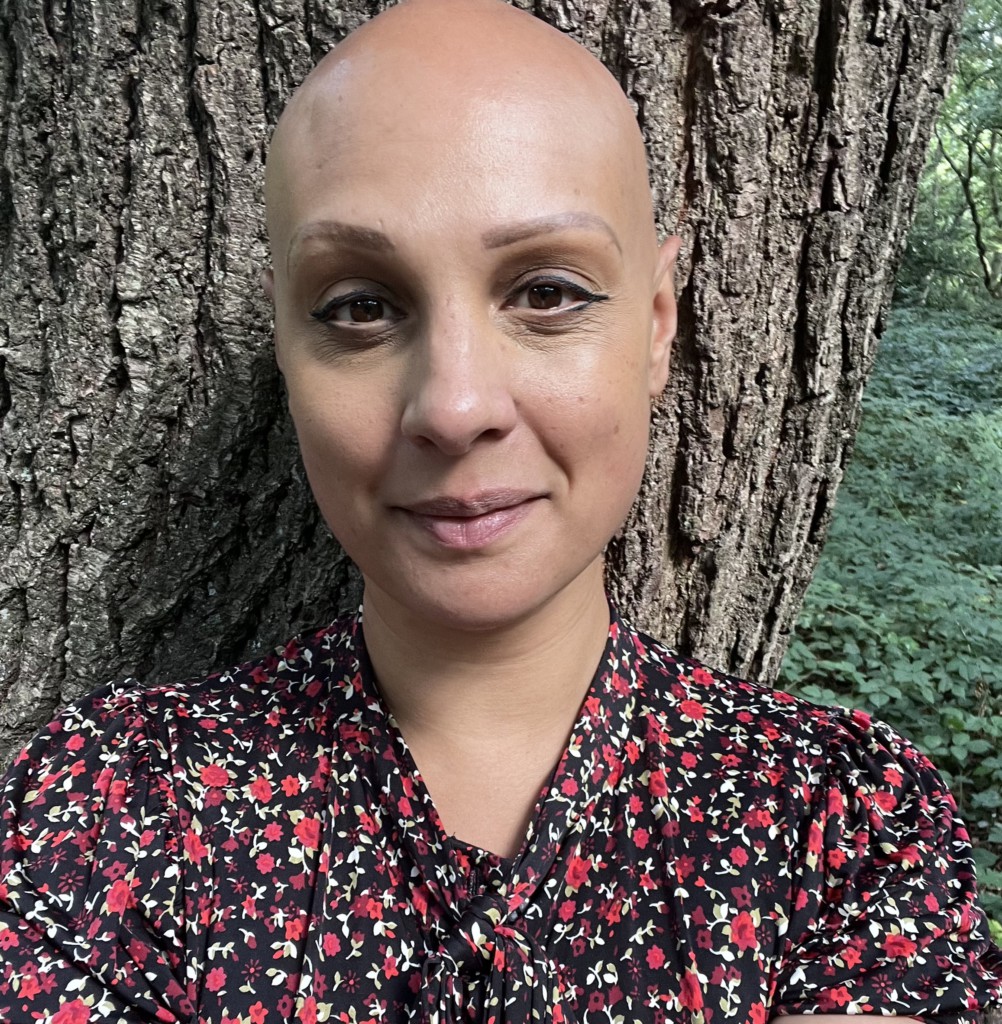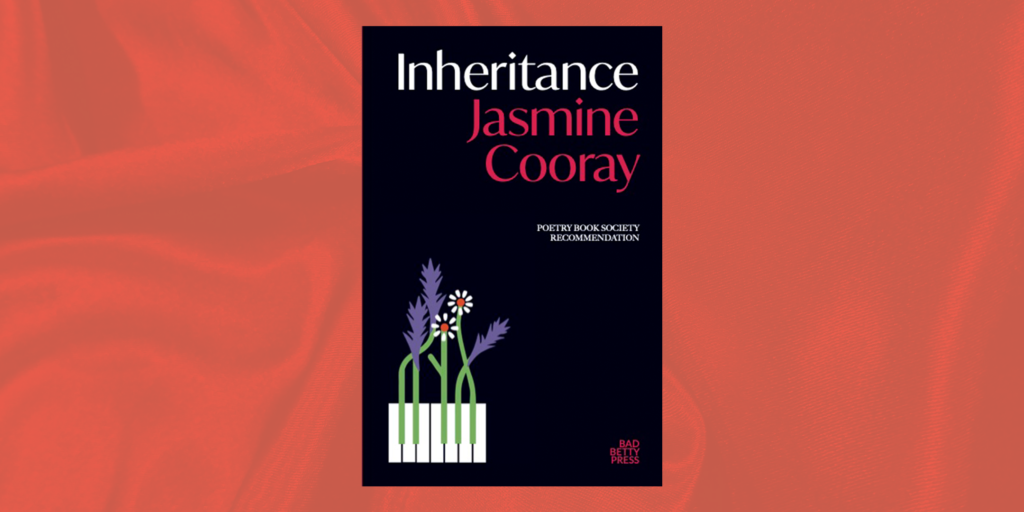Welcome to our Forward Prizes 2024 ’How I Did It’ series. This year we asked poets shortlisted for the Felix Dennis Prize for Best First Collection to write about the inspiration behind one of the poems from their chosen collection. Here’s Jasmine Cooray on what inspired her to write the poem ‘The Well’ in Inheritance.
Early Drafts
Initially this poem was called ‘Fisherwomen’. In its early drafts, the poem used the extended metaphor of a woman trapped in the depths of a lake by water plants to represent a controlling and abusive relationship. In that version of the poem, the woman herself evades detection by those on the bank, because she does not want to leave the relationship. The poem implies that the fisherwomen share her life experience and as a result are unfooled by her performance of being OK. They rescue her by fishing her out.
Initial Inspiration
The impetus for the poem was personal insight into why people in abusive relationships are sometimes conflicted about leaving, and how their behaviour can be construed by outside eyes. The excuses, the pretence of OK-ness, the denial, the desire to leave – complicated/maintained by fears of various kinds – these are all tensions I wanted to try to convey. I also wanted to pay tribute to the friends that are a steadfast presence in the lives of those being abused, because I became aware of how difficult it can be to watch someone in a lot of pain whilst not being able to take the steps on their behalf.
I knew I wanted to convey certain things: what pretence looks like, the unseen force of a man who can’t be left, the sense of threat, and the tension between leaving and not leaving.
Editorial Guidance
When I took my first draft of the poem to my editor Amy Acre at Bad Betty Press, she highlighted to me that the initial metaphor of the fisherwomen was too obfuscating, and too tight: it didn’t have enough room for both the control of the partner and the denial of the woman herself. I realised I had created the water scene as a distraction, in case a particular person in my life recognised themselves in it and reacted badly, but this meant the poem often wasn’t clear enough. I also tend to get excited about an image and run with it.
With Amy’s support, I decided to rewrite the poem mostly in real life terms – but brought in an image I had seen on the TV show ‘Maid’ – in which a woman in an abusive relationship is depicted at the bottom of a deep pit: a dissociative state from which she cannot defend or advocate for herself. I converted the image to a well, signifying the relationship.
Conveying the Tension
In the new draft, in the first half of the poem, we see the woman as her friend sees her, with all the subtle signs of fear – forced smile, preoccupation, jumpiness at the implied phone calls from her boyfriend. I wanted it to feel like the ‘symptoms’ of abuse could be easily missed, but the friend, to whom this is unfortunately familiar, is torn between wanting to drag the woman away, and wanting to respect her autonomy: ‘She knows where her friend has gone but neither says a word’. I realise now that this phrase emulates the silencing that often sustains abuse: it can’t be spoken of, and has to be ‘stepped around’. The partner is only mentioned once, by pronoun, to position him in the shadows, and to represent the woman’s denial.
In the second half of the poem, we are with the woman in the well: a place of invisibility and isolation. She can’t see a way out. So then, she experiences her friend’s love as ‘a song / like a rope ladder into the dark.’ I wanted this to be beautiful because to feel someone cares enough to reach for you is profoundly moving when your self-worth is ground to nothing. Love, then, represents another possibility.
In the last five lines of the poem, the woman and her friend stay in a position ‘one bent over the side, calling, / one building up the courage to leave’. The last line ‘each praying the other will not give up’ refers to the real fear of femicide and the desperate need to not be abandoned when vulnerable. I wanted these lines to feel like a really tight balance, without resolution, but to contain the tenacity needed for self-preservation, and also, often, in friendship.
The Well
For Ruby
A woman sees how tightly
her friend’s smile is hoisted up,
watches the shoulders slowly bow,
feels her step carefully around him
when speaking, arriving late to coffee,
Jumpy when the phone rings
rings.
She knows where her friend has gone
but neither says a word.
From inside the well, the other
can hear a voice, a song
like a rope ladder into the dark.
They stay like that for days,
weeks,
one bent over the side, calling,
one building up the courage to leave
each listening for the other’s voice
each praying the other will not give up.
BIO
Jasmine Cooray is a poet, psychotherapist and facilitator. She has delivered creative writing projects for The Barbican, The Southbank Centre, First Story, the National Literacy Trust and Arvon. She has also been a WOW Festival speaker, BBC Performing Arts Fellow, and Writer-in-Residence at the National University of Singapore. Her debut poetry collection ‘Inheritance’ was published with Bad Betty Press in November 2023, received a Poetry Book Society Recommendation, and is shortlisted for Best First Collection in the Forward Prizes 2024.


Add your Reply
You must be logged in to post a comment.